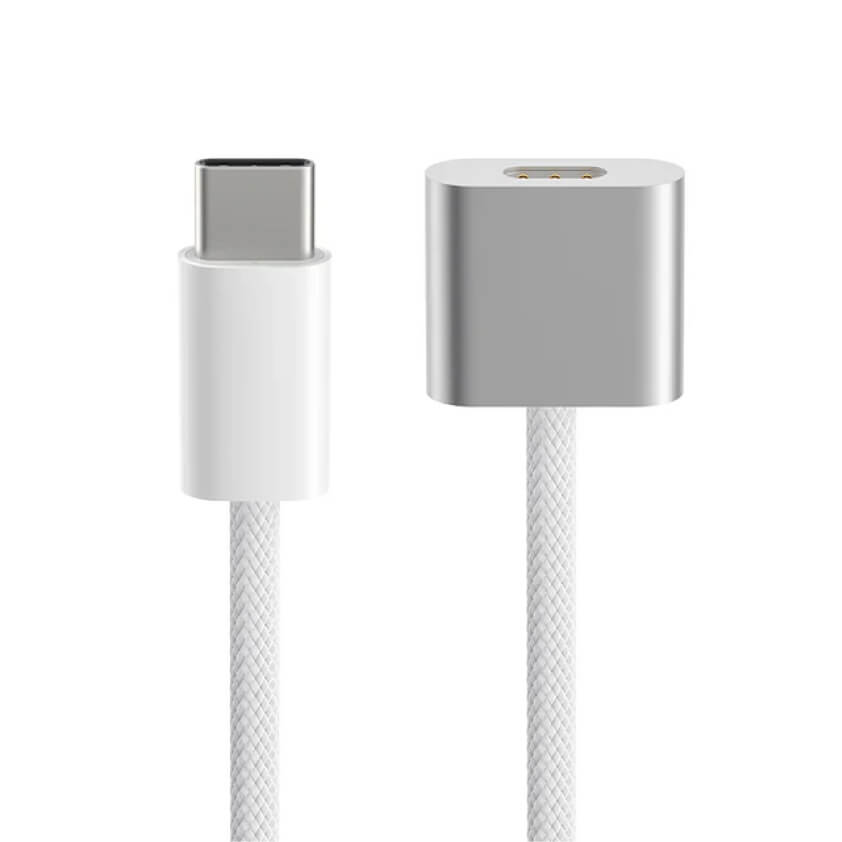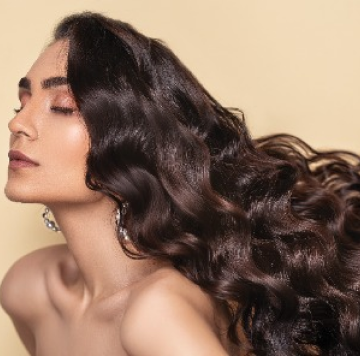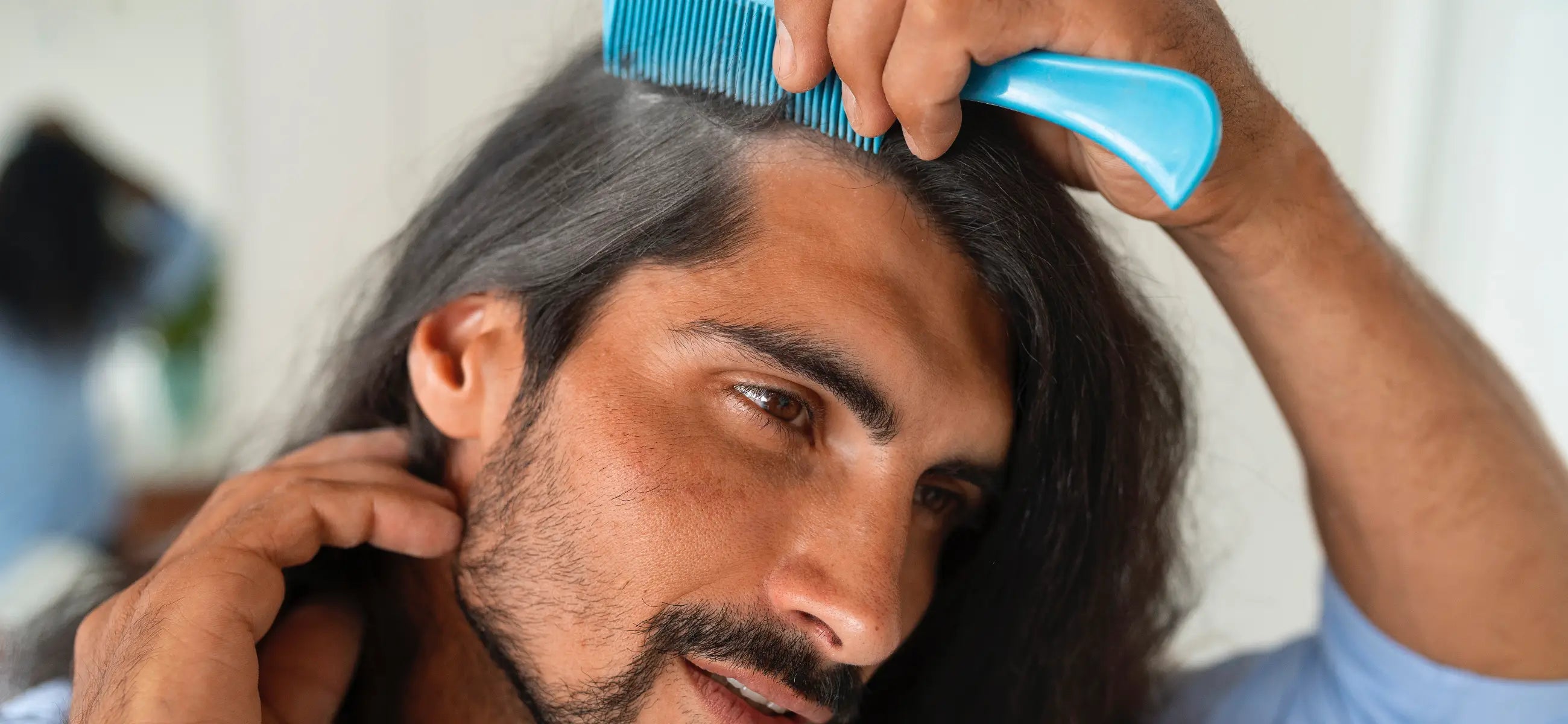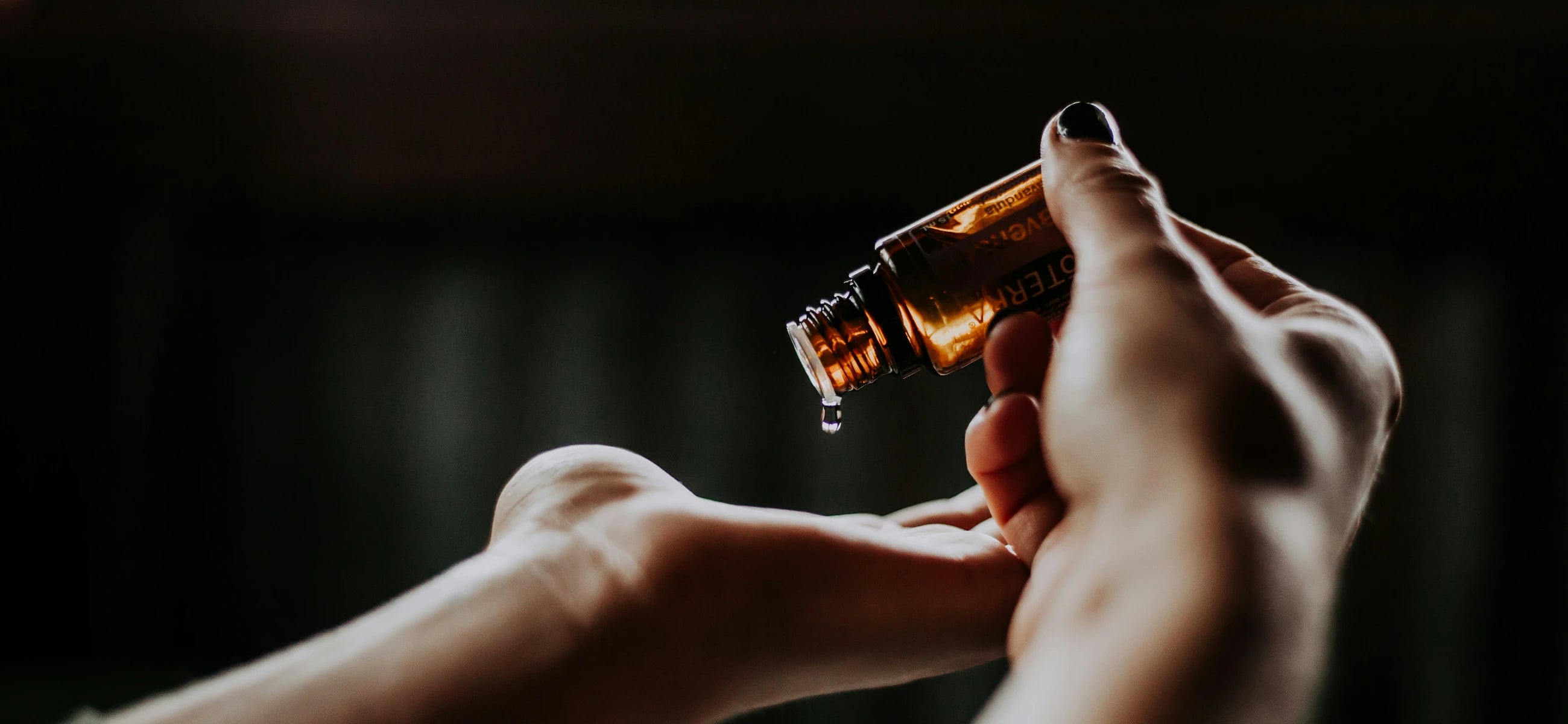
In this article
All year your scalp feels fine, but as soon as winter comes around, you are starting to notice worrisome symptoms, so what exactly happens to dry out your scalp in winter, making you feel uncomfortable?
-
Dry inside and outside air: Blame it on the low humidity! The air gets super dry, both inside and outside, leaving our scalps craving some serious hydration.
-
Hot, hot showers: As much as we love a hot shower to beat the chill, it could be causing more harm than good. Hot water strips away those precious natural oils, leaving your scalp high and dry.
-
Washing your hair too much: Are you a serial hair-washer? Guilty as charged, right? But over-washing can seriously mess with your scalp's health. Dial it back a bit and let those natural oils do their thing.
-
Wrong products: Some haircare products are like the frenemies of our scalps. Watch out for those harsh chemicals that can turn your beautiful winter hair into a dry desert. Choose moisture-rich products to keep your hair and scalp happy.
-
Lack of sunshine: Sunshine is providing us with that essential vitamin D. But in winter, we tend to hibernate indoors. Sneak in some sun exposure whenever you can for a healthy scalp boost.
In short, dry scalp is annoying. But don't worry, we have summarized the most promising care methods and home remedies for your dry winter scalp, if you failed to prevent it.
Dry itchy scalp in winter - these remedies help
If you want to avoid dry scalp, it is important to combat the triggering factors in order to mitigate their effects. Note: Make sure that all the products we have listed are organic. Only then can you be sure that all the important ingredients are present.
What helps dry scalp in winter - best products for dry scalp in winter
If you want to know how to treat dry scalp in winter at home, here are the best tips:
|
Apple cider vinegar |
This household remedy is a real all-rounder in hair care and is effective against both dry and oily scalps. Apple cider vinegar removes harmful deposits from your hair, has an anti-inflammatory effect and disinfects the skin. |
Mix 1 liter of water with 2 tablespoons of organic apple cider vinegar. Then apply this mixture to your head while shampooing and massage it gently. It is not necessary to wash it out as the vinegar smell quickly dissipates. |
|
Curd and honey |
Curd naturally contains a lot of liquid and therefore has a moisturizing effect. Honey adds antioxidants and contributes to the natural regeneration of your scalp. It also has a disinfectant effect. |
We recommend 4 teaspoons of curd with 1 teaspoon of honey and an additional 3 teaspoons of olive oil. Whisk the ingredients together and massage into your scalp. To keep the mixture warm, wrap some cling film and a towel around your head. After around 20 minutes, rinse out your honey and curd treatment with lukewarm water. How to help dry scalp in winter - That's it! |
|
Argan oil |
Argan oil has a high vitamin E content and many unsaturated fatty acids. This combination of nutrients has a moisturizing and anti-inflammatory effect on dry scalps. This oil is therefore one of the highlights among natural care products. |
Massage a few drops directly into your scalp and leave it on overnight. Then wash it out with lukewarm water. |
|
Coconut oil |
This well-known remedy should not be missing from our list either. Coconut oil contains many saturated fatty acids and therefore has an antibacterial and anti-inflammatory effect and reduces itching. It also moisturizes the hair and makes it shine. |
Massage a little coconut oil into your dry scalp and leave it on for about an hour. Then wash it out - done! |
|
Rye flour as a shampoo substitute |
Rye flour absorbs dirt and grime. At the same time, it regenerates the scalp thanks to the vitamin B5 it contains. It is also pH-neutral, so does not irritate sensitive skin. Rye flour therefore offers various advantages over conventional shampoos and leaves your hair soft and shiny. Just give it a try! You won't regret it. |
Massage the flour into your hair and leave it on for 5 minutes. Then rinse it out thoroughly. |
How to avoid dry scalp in winter?
In winter, special attention must be paid to dry scalps. Of course, this includes paying attention to external factors, but also the physical supply of the necessary nutrients. This is because the body lacks vitamin D, especially in winter, due to the long periods of darkness.
In addition, we usually eat less fruit in winter as there are hardly any regional alternatives. If the long, oppressive darkness is added to this, the body expresses its discomfort in winter through a dry scalp, amongst other things.
The following tips should help you to consciously deal with the issue of dry scalp and solve the problem before it will actually occur! How to prevent dry scalp in winter:
-
Don't wash your scalp too hot and, if possible, avoid using a hot hairdryer. Instead, dry your hair carefully with a towel and then let it air dry. When showering, wash your hair last if possible and don't stand with your scalp under the (hot) shower head beforehand.
-
Ventilate the rooms regularly to replace the dry heating air. The outside air is also dry, but fresh air stimulates your circulation.
-
Replace your shampoo with a mild shampoo specially formulated for dry scalps. These shampoos do not irritate the scalp as much and nourish it with valuable ingredients.
-
Try to compensate for the missing nutrients with a balanced diet. In winter, you should eat vegetables such as Brussels sprouts, kale, beet, or turnips. You can get vitamin D by eating fish, eggs, or cheese. Avocados and mushrooms are particularly suitable for vegetarians and vegans.
-
Do not permanently wear headgear that causes external stress to the scalp.
-
Don't get carried away by the winter blues! Get as much daylight as possible or escape to the south for a short trip.
How to combat dry scalp in winter?
If you have an itchy, dry scalp, you should always use gentle care products. Shampoos with strong surfactants and lots of fragrances should be avoided. The symptoms of dry scalp can be exacerbated by aggressive products.
Shampoo, conditioner, and other care products should contain nourishing substances such as oils wherever possible. The oils make the scalp more supple and support the moisture balance.
Important to know: When showering and washing your hair, the water should not be too hot. If it is cold outside, a hot shower may be tempting, but hot water can also dry out the scalp by removing moisture and having a degreasing effect. The following tips will also help to keep dry scalps supple in winter:
-
Not only should you avoid hot water in the shower, but you should also avoid using a hairdryer. It is better to dry your hair gently in a towel.
-
Only use mild products for care.
-
Regular ventilation helps to replace the dry heating air.
-
Whenever you can do without a head covering, you should allow fresh air to reach your scalp.
-
Fresh air, a walk in daylight and a healthy, balanced diet of fruit and vegetables all contribute to a healthy scalp.
Conclusion
In winter, it is common to experience a flaky scalp due to reduced sebum production and dry conditions. A flaky scalp results from dryness, while dandruff is associated with oily skin and skin conditions.
To combat flaky scalp in winter, use hair products with moisturizing ingredients such as tea tree, mint, argan, coconut or jojoba oils, as well as oatmeal and vitamin E. Proper hair washing methods, such as using lukewarm water and finishing with a cold rinse, can help retain moisture.
Scalp massagers can remove dead skin cells and reduce dandruff. Be careful with treatments that could cause irritation.
In summary, maintaining a happy scalp in winter requires proper care and using the right products. Discontinue the product if irritation occurs and seek professional advice if necessary.

























